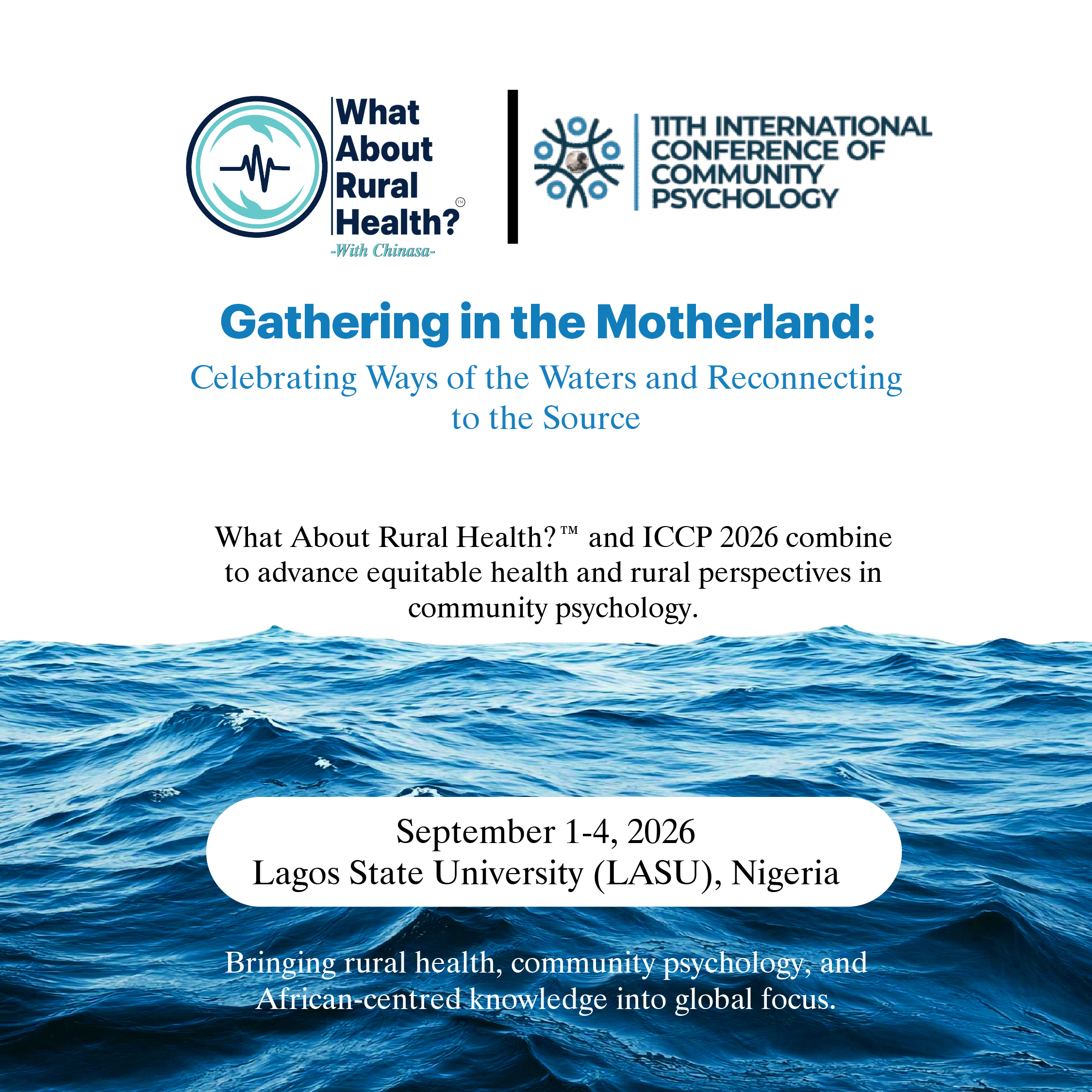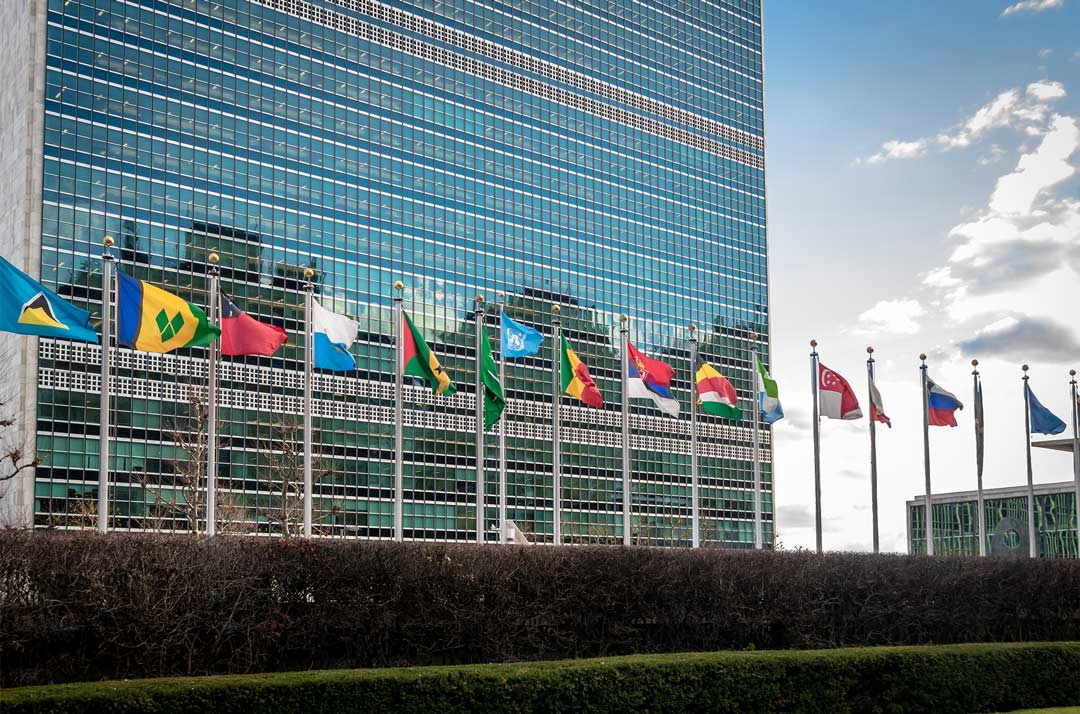by Ejike Lancelot Okoro
Sexual and Reproductive Health in Rwanda
I’ve always been moved by the quiet strength of Rwanda’s countryside. From the rolling green hills to the laughter of children chasing goats, to the women who rise before dawn to fetch water or tend to fields.
Life here feels rooted! But beneath that calm rhythm are stories that rarely get told, especially around sexual and reproductive health in Rwanda. Out here, healthcare isn’t just about hospitals or medicine. It’s about dignity. It’s about whether a girl can decide what happens to her own body, or if that decision is already made for her by distance, silence, or shame.

The Human Side of Numbers
We often talk about statistics, but behind every number is someone’s daughter, someone’s friend.
In 2024, a study found that nearly 12.7% of girls aged 12 to 19 in Burera and Nyarugenge districts had experienced pregnancy, and over 80% of those cases were from rural Burera. That’s just two districts, yet it feels like two different worlds within one country.
According to the 2022 National Census Fertility Report, the teenage fertility rate across Rwanda sits around 25 births per 1,000 girls aged 15 to 19, but in some rural provinces, it’s much higher. Last year alone, over 22,000 teenage pregnancies were recorded; most from rural areas.
Each number carries a story: a girl who left school too soon, a mother who never had the chance to finish hers, a nurse doing her best with almost nothing.
What Keeps Holding Us Back
If you sit with community health workers or talk to young girls in rural villages, the answers come like an echo:
“Schools don’t talk about this stuff.”
“The clinic is too far.”
“My parents would never allow it.”
“I’m scared people will see me there.”
Education is one of the strongest shields. Girls who stay in school longer are far less likely to face teenage pregnancy, but too many drop out early.
Then there’s the issue of distance. For many, the nearest clinic might be ten or fifteen kilometres away, and even then, privacy isn’t guaranteed. Then, there is the fear of being judged, resulting in silence, and silence has a cost. Even now, the unmet need for family planning in rural areas remains higher than in cities. It might sound like a small percentage gap on paper, but in reality, it’s thousands of women left without access to contraception or safe guidance.
Where Hope Is Growing
Still, hope has a strange way of taking root here, even in hard soil.
In Gatsibo District, parents gather for Akagoroba k’Ababyeyi, meaning “Evening of Parents”, to talk openly about sexuality, respect, and teenage pregnancy. Within just six months of its inception, cases of teenage pregnancy dropped significantly.
In Karongi District, outreach campaigns are bringing family planning services to remote villages that were once unreachable through the help of UNFPA’s partnership with local health centres. Thousands have received care, and many are now choosing long-term options for the first time.
They might sound like small wins, but they show something powerful: when people are trusted, informed, and included, real change happens.
Lessons in Listening
I’ve come to realise that progress in sexual and reproductive health isn’t just about building more clinics, but more about listening.
Listening to the whispers, the fears, the quiet hopes of young people who just want to understand their own bodies without shame.
A girl once told researchers, “I didn’t know where to go. I thought I’d be punished if I asked about family planning.”
That sentence has stayed with me. Because at its heart, SRHR is really about power; the power to ask, to choose, and to decide.
If we want to change the numbers, we have to change the conversations. That means helping teachers find the courage to teach, parents the language to talk, and health workers the empathy to listen.
So, What Can We Do Differently?
Bring health services closer through mobile clinics that actually reach hilly, rural regions.
Train and support health workers to be compassionate, not judgmental.
Normalise conversations about sexuality; not as a taboo, but as part of dignity and growing up.
Empower girls economically and socially because independence changes how power is negotiated.
Use digital tools, like SMS education in Kinyarwanda, to reach youth who don’t have internet access.
Hope in the Middle of Things
Whenever I visit rural Rwanda, I think about the mothers who balance babies on their backs while harvesting beans, and the girls who still dream of becoming nurses or teachers, even after life has thrown them curveballs.
The story of sexual and reproductive health here isn’t one of despair. It’s a story of persistence. Rwanda has done what few countries have—lowered maternal deaths, expanded access, and turned family planning into a national conversation.
But the next step is harder: making sure the girl in Burera or Nyagatare has the same chance as the girl in Kigali.
Because progress only counts when it reaches the last hill, the last village, the last girl.
And maybe that’s where the real story of Rwanda’s future begins.
If this moved you, or if you’d like to learn more about how to support ongoing efforts in rural sexual and reproductive health, visit:
Factors associated with adolescent pregnancy in Nyarugenge and Burera districts, Rwanda
Also see: Explained: The UNGA’s 2025 Resolve on NCDs and Mental Health






